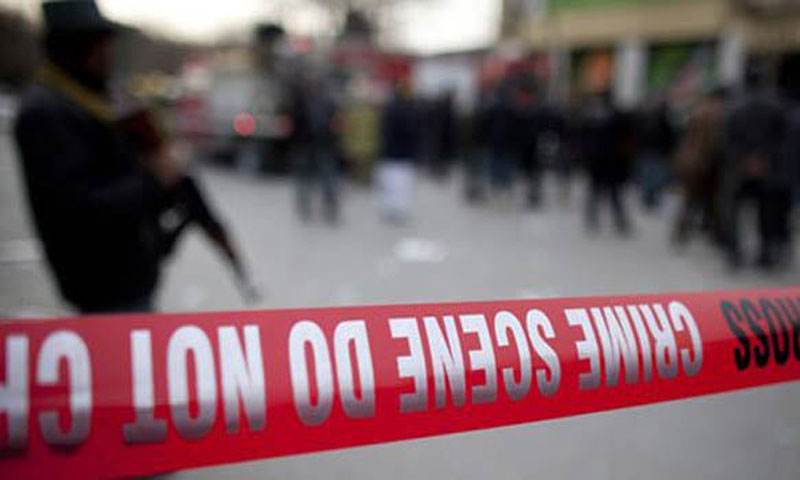In Pakistan, three bomb blasts kill at least 36.
 |
| Militants target a security convoy in Peshawar, a Shiite mosque in Quetta and anti-Taliban militia members in SouthWaziristan. The dead include three children. |
PESHAWAR, Pakistan | 01 Jul 2013 :: — Separate bomb blasts across Pakistan killed at least 36 people Sunday, the latest in a series of extremist attacks to hit the South Asian nation since Prime Minister Nawaz Sharif rose to power this spring.
In the northwestern city of Peshawar, militants detonated a car bomb near a security forces convoy, killing at least 15 people. Shafeeullah Khan, a senior police officer in Peshawar, said the attackers planted explosives in a Suzuki compact car and parked it on a busy road. The bomb exploded as a three-truck convoy carrying paramilitary troops passed by, Khan said.
Many of the dead were civilians, and at least three were children. The explosives appeared to have been detonated by remote control. Khan did not know whether any of the dead or injured included members of the Frontier Corps, a paramilitary force that provides security throughout the country's troubled northwest. The blast damaged the last truck in the convoy. At least 35 people were injured in the explosion, many seriously.
No group claimed responsibility for the attack.
In the southwestern city of Quetta, a suicide bombing killed at least 17 people at a Shiite Muslim mosque in a district that has been hit hard by bombings carried out by the Sunni Muslim militant group Lashkar-e-Jhangvi, authorities said. Sunni militant groups regard Shiite Muslims as heretics and have pursued a campaign of violence against them in Pakistan for years. No one had claimed responsibility for the Quetta attack as of late Sunday.
A third bombing occurred in the tribal region of South Waziristan, where militants detonated a roadside bomb and killed four members of an anti-Taliban militia, local officials said. At least 15 people were injured, authorities said.
After his decisive victory in May parliamentary elections, Sharif promised to rein in the country's insurgents, including the Pakistani Taliban, a group responsible for many of the terrorist attacks on thousands of civilians and security personnel in recent years. However, even though he has talked of starting negotiations with Pakistani Taliban leaders to end the insurgency, the group has continued to launch bombing attacks across the country.
After meeting with British Prime Minister David Cameron in Islamabad on Sunday, Sharif told reporters that Pakistan is "resolved to tackle the menace of extremism and terrorism with renewed vigor and close cooperation with our friends."(Courtesy:Los Angeles News)














.jpg)

